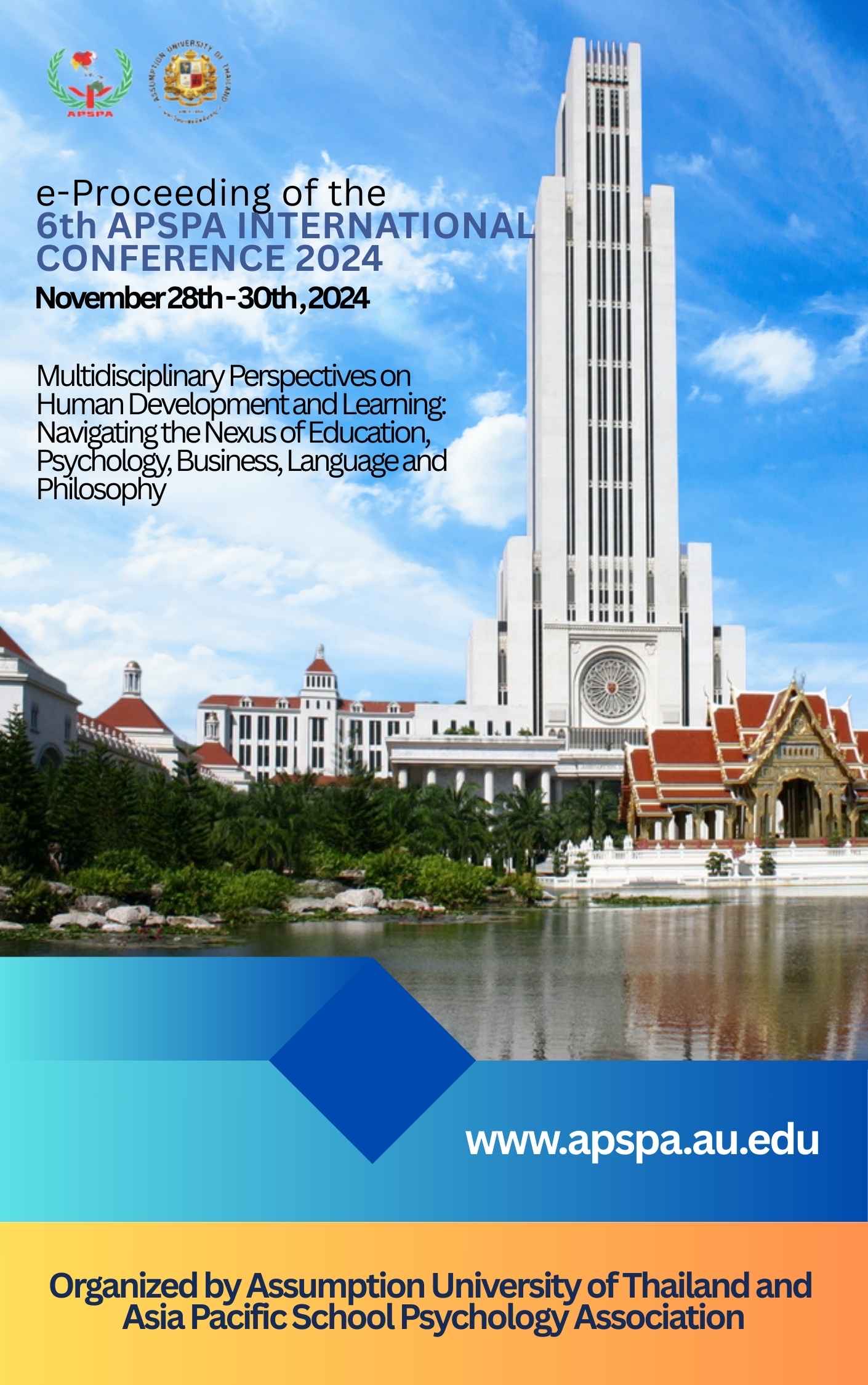A Pre-Investigation of Model Testing on Subjective Well-Being Among Single Emerging Adults
Abstract
Purpose: This study aims to examine the psycho-social model of gratitude and its impact on subjective well-being and physical health among Chinese single emerging adults. It investigates both direct and indirect pathways, mediated by perceived social support, prosocial behavior, and relationship quality. Research design, data and methodology: A cross-sectional study will be conducted using Structural Equation Modeling (SEM) to analyze the relationships among gratitude, subjective well-being, and physical health. A sample of 700 Chinese single emerging adults (aged 18-30) residing in Suzhou will be recruited through online data collection. Standardized psychological scales will be used to measure gratitude (CGQ-6), subjective well-being (CFS), physical health (CSRH), perceived social support (CMSPSS), prosocial behavior (CPSA), and relationship quality (CFQQ). Results: The study hypothesizes that gratitude will have significant direct effects on subjective well-being and physical health, and indirect effects through perceived social support, prosocial behavior, and relationship quality. Conclusions: Findings will contribute to the understanding of gratitude’s role in well-being and provide practical insights for psychological interventions and well-being enhancement programs for single emerging adults.
Downloads
Published
License
Copyright (c) 2025 6th APSPA International Conference 2024 on ‘Multidisciplinary Perspectives on Human Development and Learning: Navigating the Nexus of Education, Psychology, Business, Language and Philosophy

This work is licensed under a Creative Commons Attribution-NonCommercial-NoDerivatives 4.0 International License.

